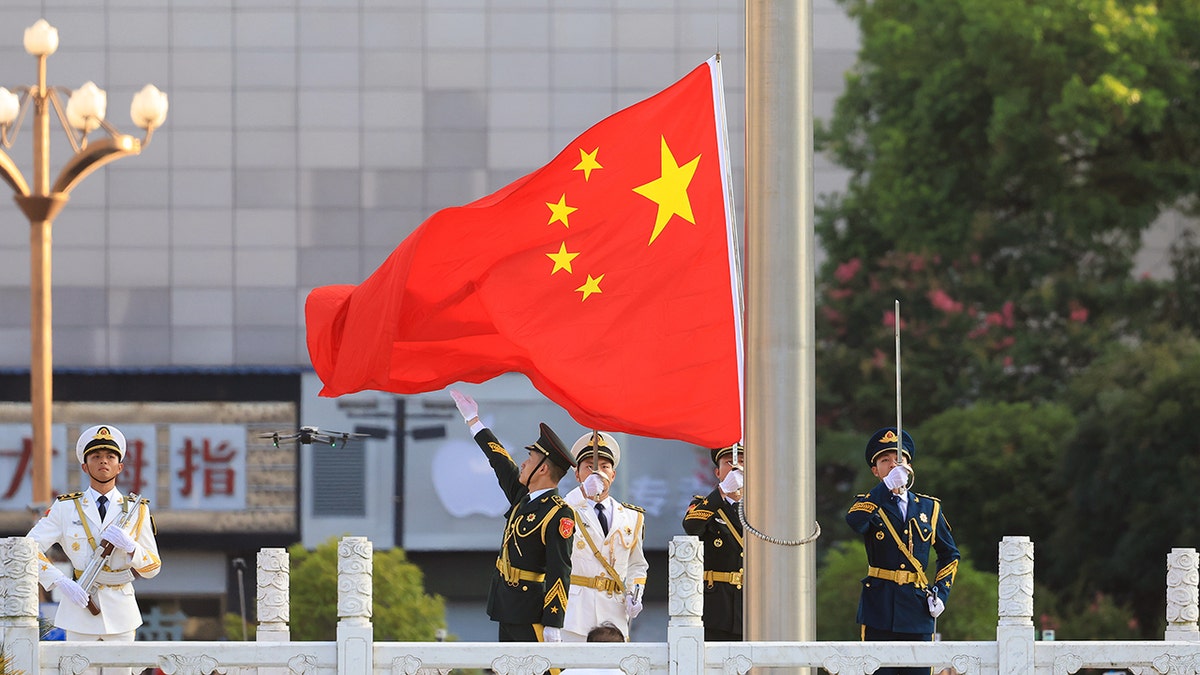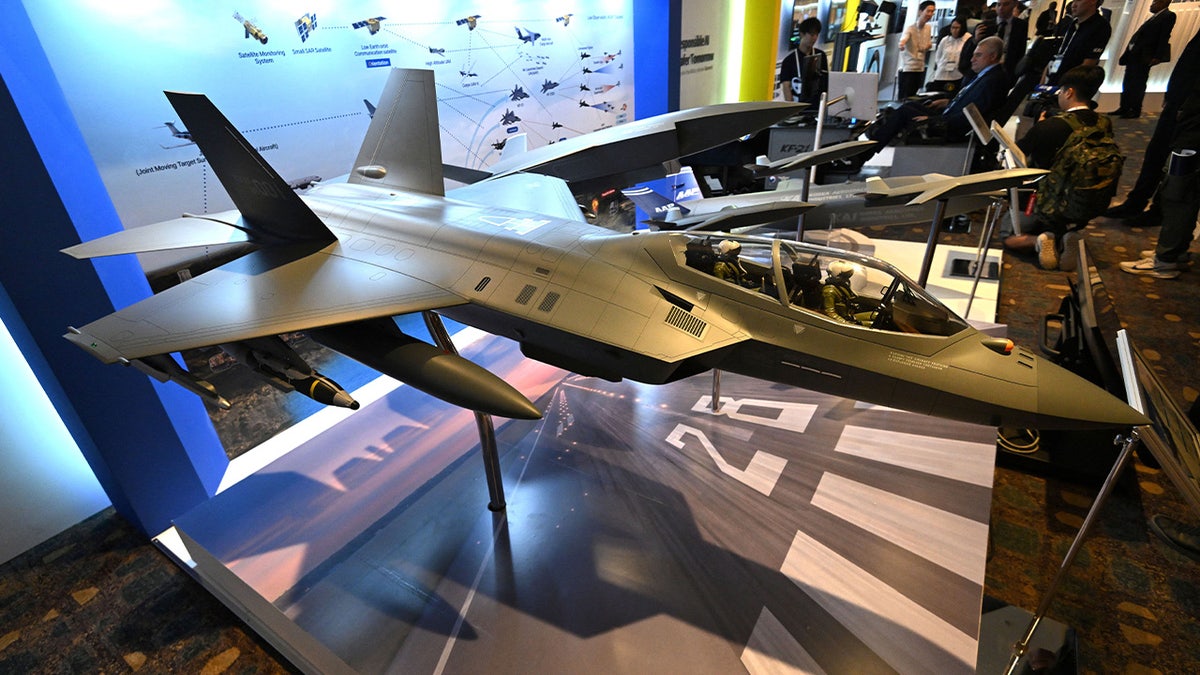INTERNACIONAL
Israel declara el estado de emergencia militar tras intensificar los bombardeos en el sur del Líbano

El ministro de Defensa de Israel, Yoav Gallant, declaró este domingo el estado de emergencia militar tras lanzar bombardeos en Líbano, según indicaron, para frustrar un inminente ataque a gran escala por parte del grupo chiita Hezbollah.
En un comunicado, el Ministerio de Defensa informó de que Gallant ha activado una «situación especial en el frente interior», añadiendo que «esta declaración del estado de emergencia permite al Ejército dar instrucciones a los ciudadanos de Israel, como limitar las reuniones y cerrar lugares cuando sea relevante».
El ministro mantuvo además una llamada con su homólogo estadounidense, Lloyd Austin, en la que Gallant le confirmó que Israel ha lanzado «ataques precisos» contra Líbano para frustrar una amenaza inminente contra Israel.
En la madrugada de este domingo, el Ejército de Israel identificó que Hezbollah se preparaba para disparar misiles y cohetes hacia territorio israelí, y en respuesta a estas amenazas, la fuerza Aérea lanzó bombardeos a «objetivos terroristas en el Líbano».
Poco después, las autoridades anunciaron restricciones en todo el territorio al norte de Tel Aviv, como limitar los grupos de gente a 30 personas en exteriores y 300 en interiores o prohibir el baño en las playas cercanas a la frontera.
Las oficinas y centros educativos pueden seguir operando siempre y cuando cuenten con un refugio antiaéreo cercano.
El Jefe del Estado Mayor del Ejército israelí, Herzi Halevi, dirige la ofensiva y las operaciones defensivas desde la base militar de Kirya, en Tel Aviv, junto a los máximos dirigentes de las fuerzas armadas.
Desde que surgió el anuncio, no han cesado de activarse las sirenas antiaéreas en el área israelí fronteriza con Líbano.
El servicio de emergencias israelí Magen David Adom elevó «su estado de alerta al nivel más alto en todo el país», aunque hasta el momento no ha recibido informes de víctimas.
Hizbulá se solidarizó con el grupo islamista Hamás en su guerra contra Israel en octubre pasado, y desde entonces, la violencia en la frontera entre Israel y Líbano ha ido ‘in crescendo’ hasta alcanzar la peor escalada bélica desde la guerra de 2006.
A esto se añade que Hizbulá -aliado de Irán- juró perpetrar un ataque a gran escala contra Israel en venganza por la muerte de su máximo comandante, Fuad Shukr, ocurrida en un bombardeo israelí a las afueras de Beirut el 30 de julio.
El intercambio de fuego en la divisoria se ha cobrado desde octubre la vida de al menos 636 personas, la mayoría en el lado libanés y en las filas de Hizbulá, que ha confirmado 392 bajas.
En total, han fallecido en Líbano al menos 586 personas, entre ellos más de 124 civiles, mientras que en Israel han muerto 49 personas en el norte del territorio: 23 militares y 26 civiles, incluidos 12 menores en el ataque en la ciudad drusa de Majdal Shams, en los Altos del Golán ocupados.EFE
INTERNACIONAL
China opts out of international blueprint to stop AI race in weapons development

China this week chose not to sign onto an international «blueprint» agreed to by some 60 nations, including the U.S., that looked to establish guardrails when employing artificial intelligence (AI) for military use.
More than 90 nations attended the Responsible Artificial Intelligence in the Military Domain (REAIM) summit hosted in South Korea on Monday and Tuesday, though roughly a third of the attendees did not support the nonbinding proposal.
AI expert Arthur Herman, senior fellow and director of the Quantum Alliance Initiative with the Hudson Institute, told Fox News Digital that the fact some 30 nations opted out of this important development in the race to develop AI is not necessarily cause for concern, though in Beijing’s case it is likely because of its general opposition to signing multilateral agreements.
Participants are shown prior to the closing session of the REAIM summit in Seoul, South Korea, on Sept. 10, 2024. (JUNG YEON-JE/AFP via Getty Images)
MASTERING ‘THE ART OF BRAINWASHING,’ CHINA INTENSIFIES AI CENSORSHIP
«What it boils down to … is China is always wary of any kind of international agreement in which it has not been the architect or involved in creating and organizing how that agreement is going to be shaped and implemented,» he said. «I think the Chinese see all of these efforts, all of these multilateral endeavors, as ways in which to try and constrain and limit China’s ability to use AI to enhance its military edge.»
Herman explained that the summit, and the blueprint agreed to by some five dozen nations, is an attempt to safeguard the expanding technology surrounding AI by ensuring there is always «human control» over the systems in place, particularly as it relates to military and defense matters.
«The algorithms that drive defense systems and weapons systems depend a lot on how fast they can go,» he said. «[They] move quickly to gather information and data that you then can speed back to command and control so they can then make the decision.

The Guard of Honor of the Chinese People’s Liberation Army performs a flag-raising ceremony at Bayi Square to celebrate the 97th anniversary of China’s Army Day on Aug. 1, 2024, in Nanchang. (Ma Yue/VCG via Getty Images)
«The speed with which AI moves … that’s hugely important on the battlefield,» he added. «If the decision that the AI-driven system is making involves taking a human life, then you want it to be one in which it’s a human being that makes the final call about a decision of that sort.»

Participants are shown with the Tenebris, a medium-size unmanned surface vessel concept, on display at the REAIM summit in Seoul, South Korea, on Sept. 10, 2024. (JUNG YEON-JE/AFP via Getty Images)
Nations leading in AI development, like the U.S., have said maintaining a human element in serious battlefield decisions is hugely important to avoid mistaken casualties and prevent a machine-driven conflict.
ARMY PUSHES 2 NEW STRATEGIES TO SAFEGUARD TROOPS UNDER 500-DAY AI IMPLEMENTATION PLAN
The summit, which was co-hosted by the Netherlands, Singapore, Kenya and the United Kingdom, was the second of its kind after more than 60 nations attended the first meeting last year held in the Dutch capital.
It remains unclear why China, along with some 30 other countries, opted not to agree to the building blocks that look to set up AI safeguards, particularly after Beijing backed a similar «call to action» during the summit last year.
When pressed for details of the summit during a Wednesday press conference, Chinese Foreign Ministry spokesperson Mao Ning said that upon invitation, China sent a delegation to the summit where it «elaborated on China’s principles of AI governance.»
Mao pointed to the «Global Initiative for AI Governance» put forward by Chinese President Xi Jinping in October that she said «gives a systemic view on China’s governance propositions.»

Participants look at a miniature version of the KF-21 fighter jet on display at the REAIM summit in Seoul, South Korea, on Sept. 10, 2024. (JUNG YEON-JE/AFP via Getty Images)
The spokesperson did not say why China did not back the nonbinding blueprint introduced during the REAIM summit this week but added that «China will remain open and constructive in working with other parties and deliver more tangibly for humanity through AI development.»
CLICK HERE TO GET THE FOX NEWS APP
Herman warned that while nations like the U.S. and its allies will look to establish multilateral agreements for safeguarding AI practices in military use, they are unlikely to do much in the way of deterring adversarial nations like China, Russia and Iran from developing malign technologies.
«When you’re talking about nuclear proliferation or missile technology, the best restraint is deterrence,» the AI expert explained. «You force those who are determined to push ahead with the use of AI – even to the point of basically using AI as kind of [a] automatic kill mechanism, because they see it in their interest to do so – the way in which you constrain them is by making it clear, if you develop weapons like that, we can use them against you in the same way.
«You don’t count on their sense of altruism or high ethical standards to restrain them, that’s not how that works,» Herman added.
Reuters contributed to this report.
-
POLITICA3 días ago
Aerolíneas Argentinas inicia acciones legales contra los gremios y busca echar a Pablo Biró del directorio de la empresa
-
POLITICA17 horas ago
«Si quieren expulsarnos, que lo hagan ya»: uno de los diputados que cambió su voto calentó la interna radical y contó qué les dijo Milei
-
POLITICA1 día ago
Javier Milei celebró el apoyo al veto a la reforma jubilatoria: “Le pusieron un freno a los degenerados fiscales”
-
INTERNACIONAL2 días ago
«Tercera Guerra Mundial», «Venezuela con esteroides» y «Nos vendió a China», las frases más picantes del debate entre Kamala Harris y Donald Trump
-
CHIMENTOS9 horas ago
Alarma el estado de Jorge Lanata tras su traslado: «Estado vegetativo»
-
SOCIEDAD3 días ago
Dos amigas se aliaron contra la crisis y crearon una innovadora app para comprar comida más barata





























